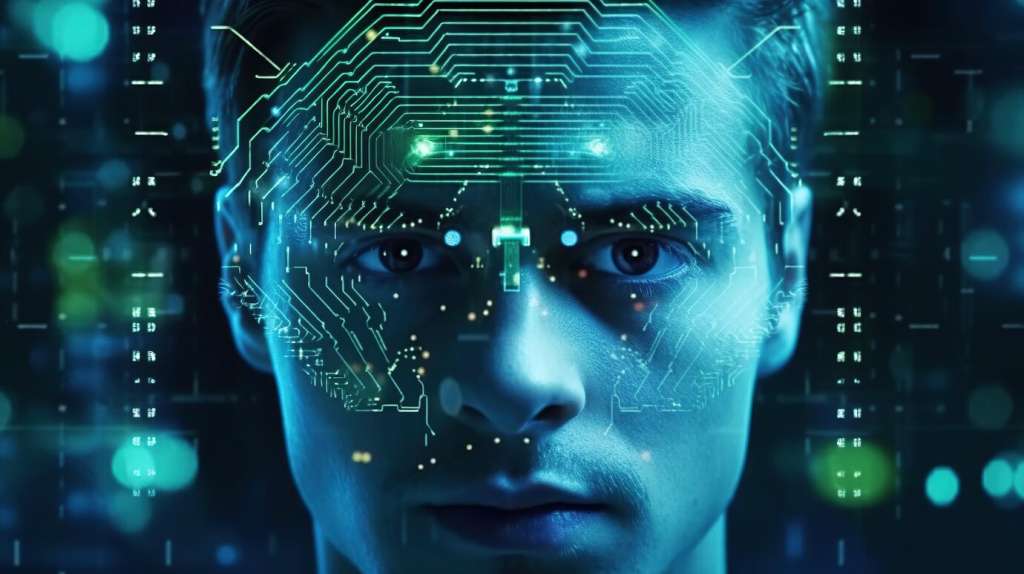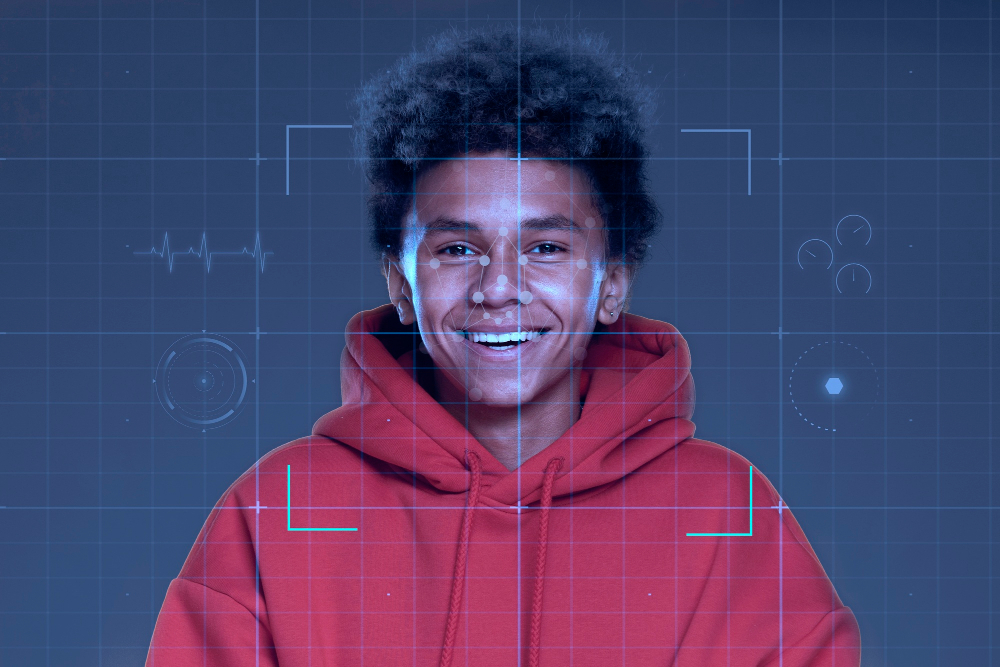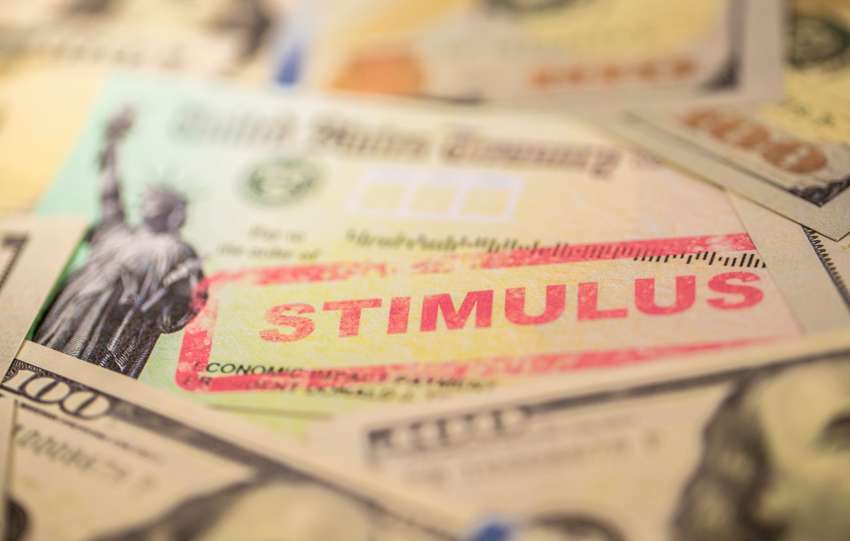Facial recognition technology is poised to become a regular sight at airports around the world, promising smoother travel experiences for visa holders. However, alongside the potential benefits lie significant privacy concerns and questions of racial bias.
A Streamlined System, But With Strings Attached
The system, dubbed “Biometric Exit,” aims to identify travelers using facial scans at various points throughout their journey, including check-in kiosks, security checkpoints, and boarding gates. This technology streamlines the process by comparing a passenger’s live scan against their visa photo, supposedly flagging those who might have entered the country illegally.
Proponents, including U.S. Customs and Border Protection (CBP) officials, tout facial recognition’s efficiency. Larry Panetta, a CBP official, emphasizes its advantage over other biometric systems like iris scanners: “We already have everyone’s photo” through passport applications and border crossings, eliminating the need for additional enrollment.

Privacy Concerns Take Center Stage
However, the widespread implementation of facial recognition raises significant privacy issues. Critics highlight the chilling effect it could have on free movement and the potential for misuse by government agencies.
Alvaro Bedoya, a facial recognition expert, warns of a slippery slope: “Right now, there are no law enforcement checks on who can fly. But once you have that high-quality photograph, why not run it against the FBI database? Suddenly, flying becomes a trigger for a law enforcement search.”
The CBP hasn’t addressed this concern, leaving travelers unsure about how their facial data will be used and stored.
Racial Bias: A Ticking Time Bomb
Another major concern is racial bias embedded within facial recognition algorithms. Studies show these systems often struggle with identifying people of color, leading to higher error rates. A study by the FBI revealed a 5-10% accuracy drop for African-American subjects.
If left unaddressed, this racial bias could result in serious civil rights violations, with people of color disproportionately flagged and inconvenienced.

The Verdict: Convenience or Intrusion?
Facial recognition technology undoubtedly offers efficiency benefits for airport operations. However, the potential for privacy violations and racial bias cannot be ignored.
Before widespread adoption, these concerns must be addressed. Clear guidelines on data storage, usage, and limitations on integration with law enforcement databases are crucial. Additionally, developers need to ensure algorithms are trained on diverse datasets to eliminate racial bias.
Ultimately, the question remains: Are we willing to sacrifice some privacy for a quicker airport experience? The answer depends on our collective commitment to striking a balance between security and freedom.






